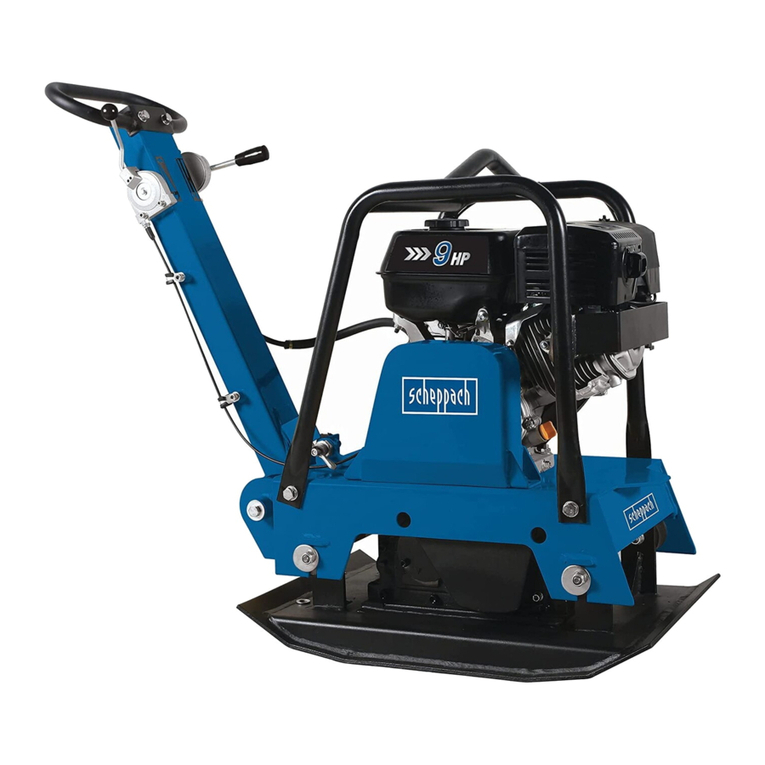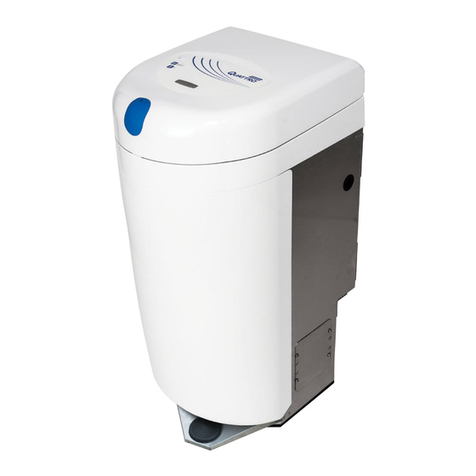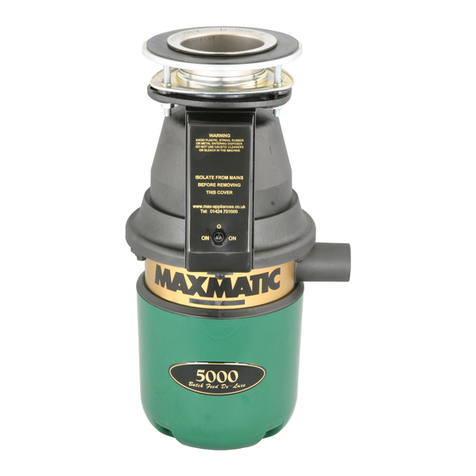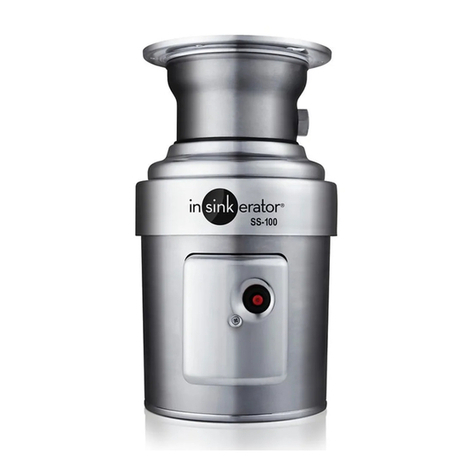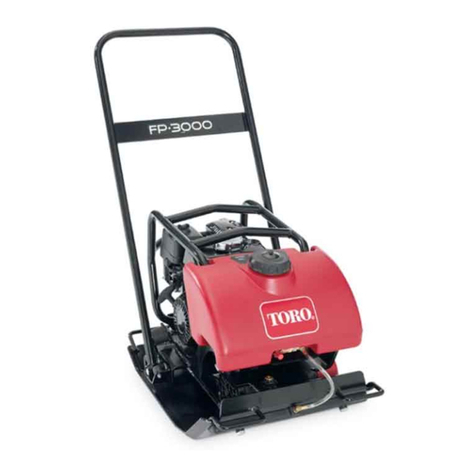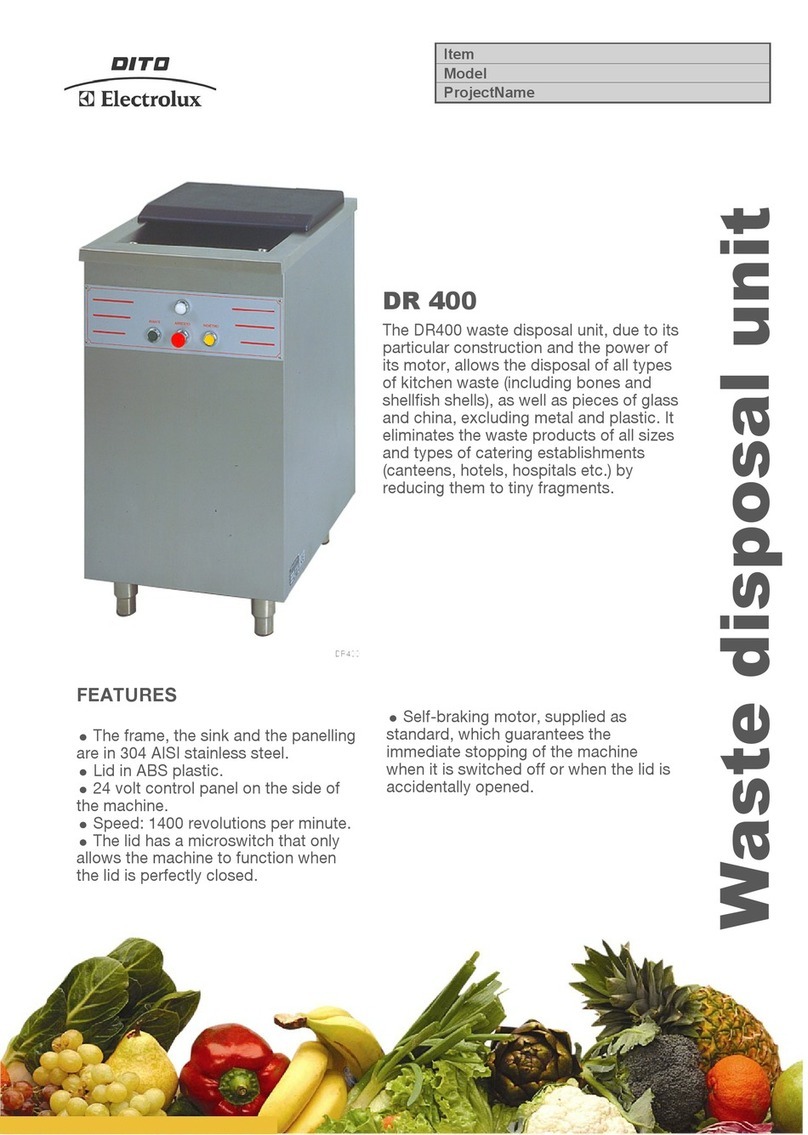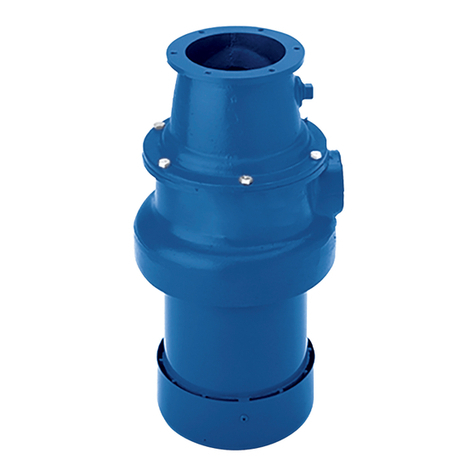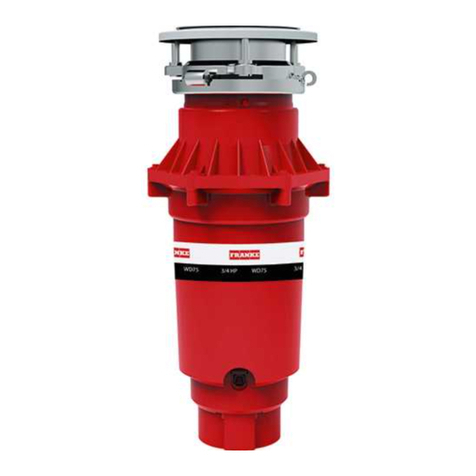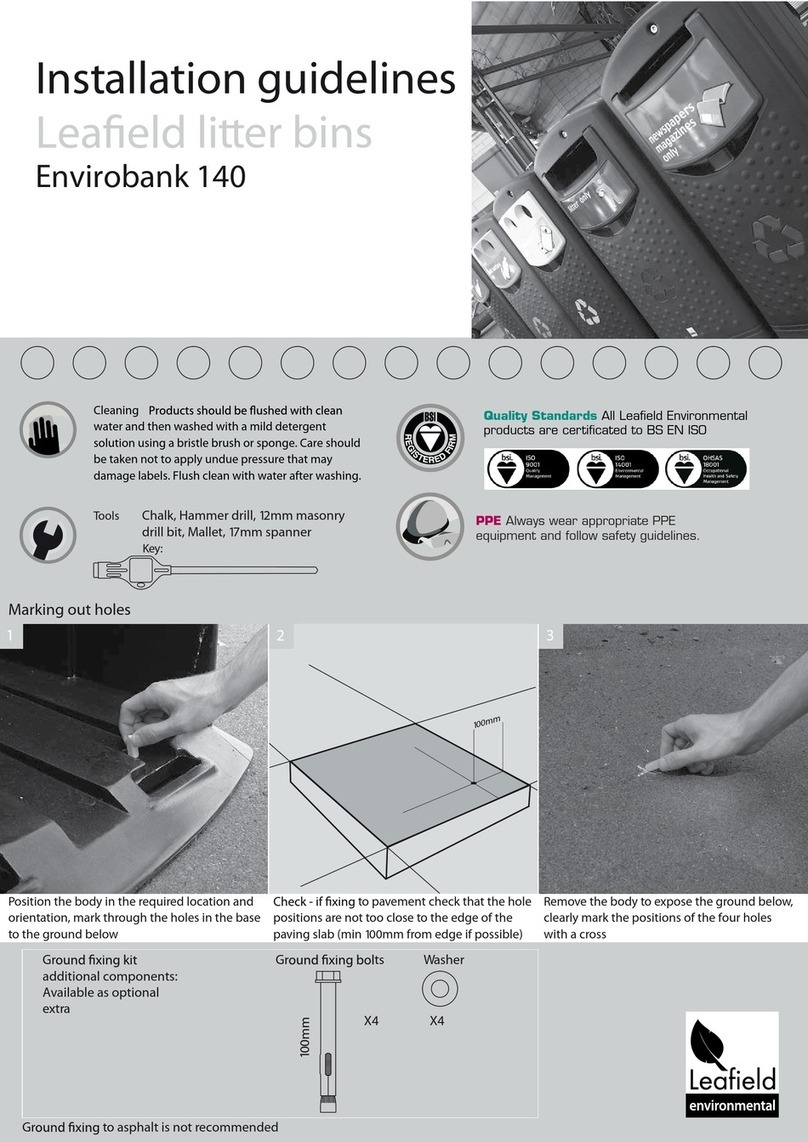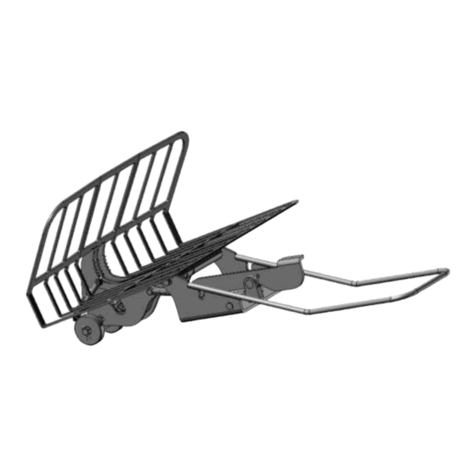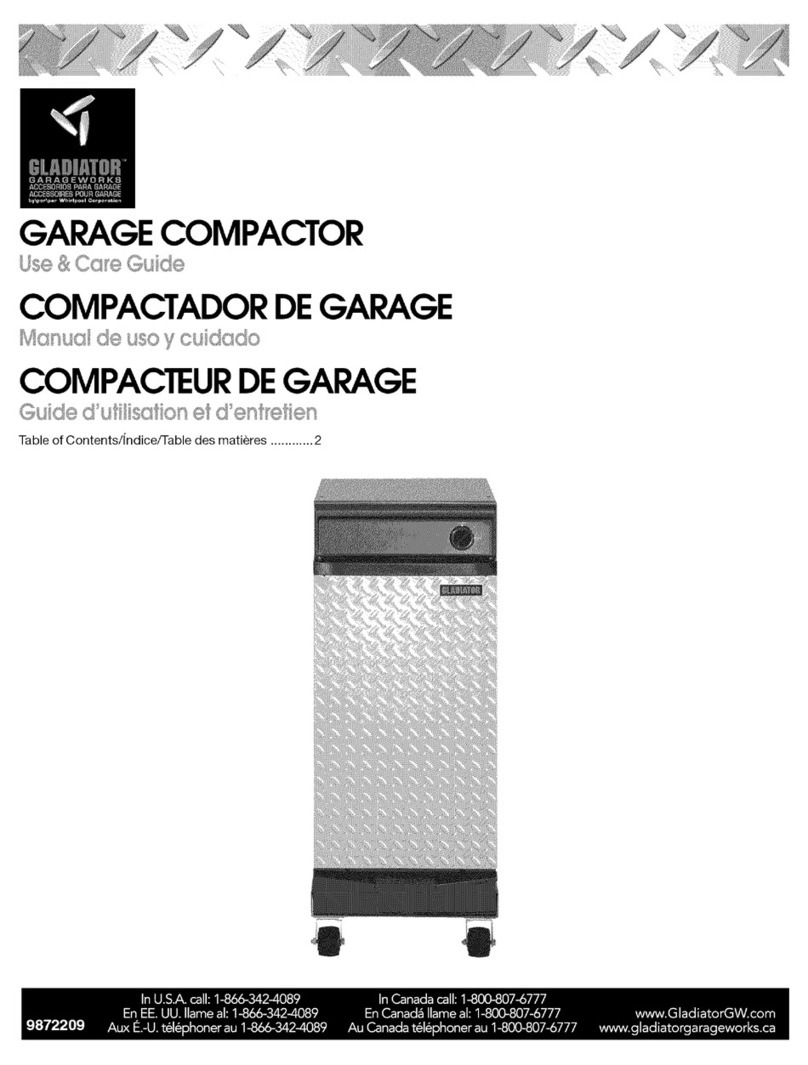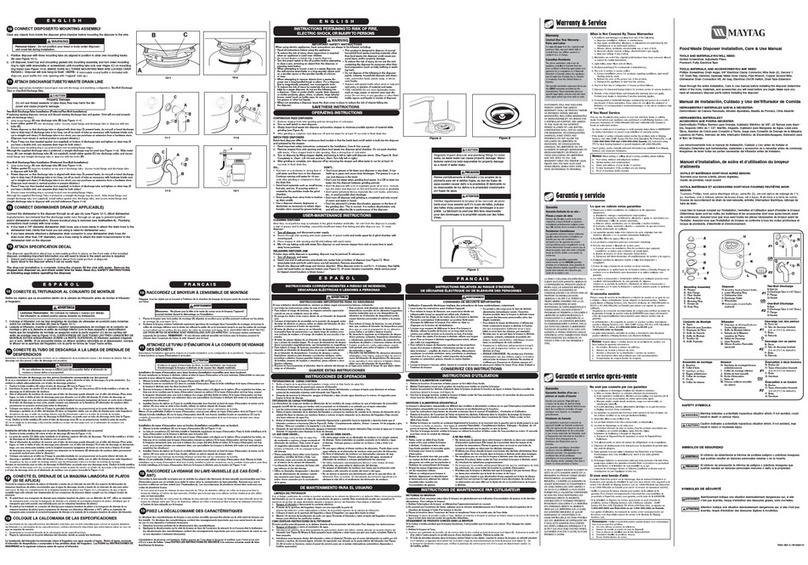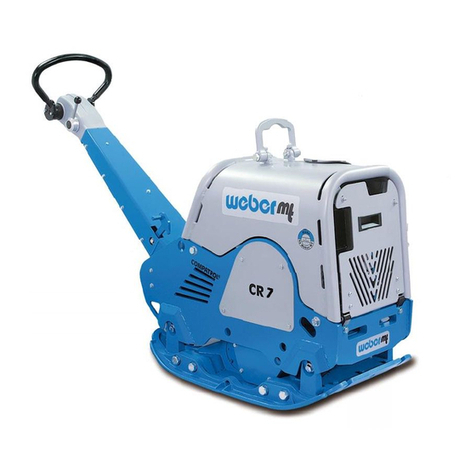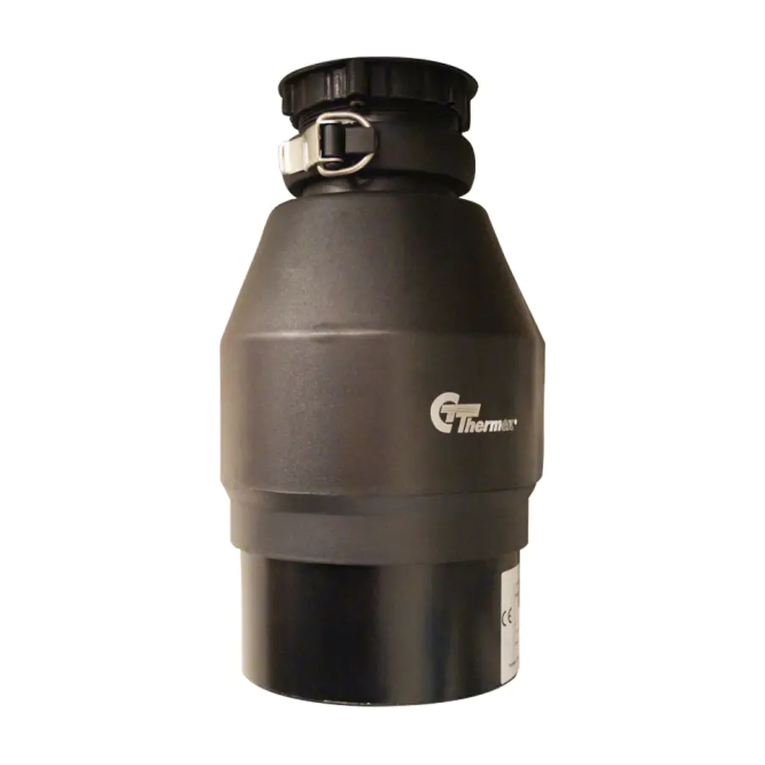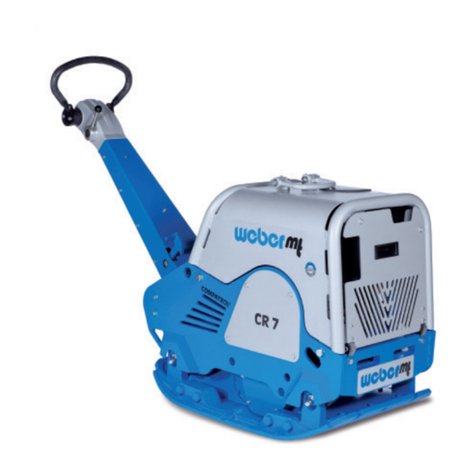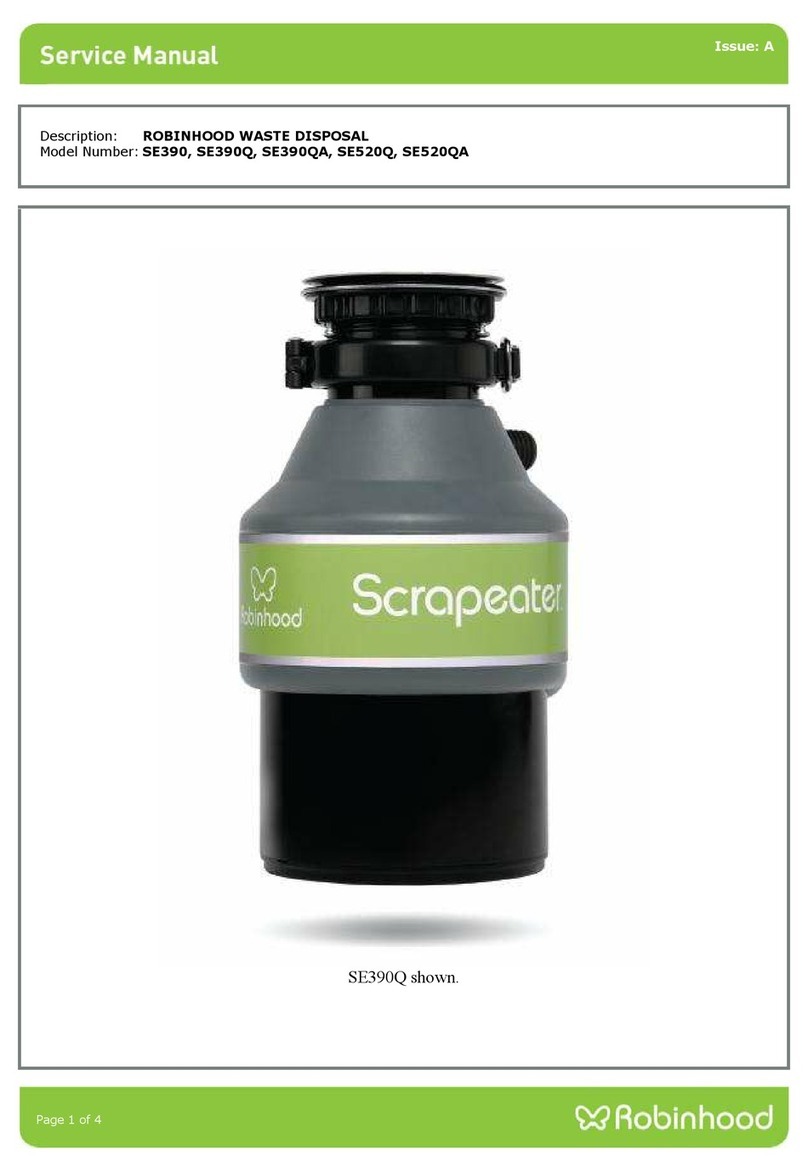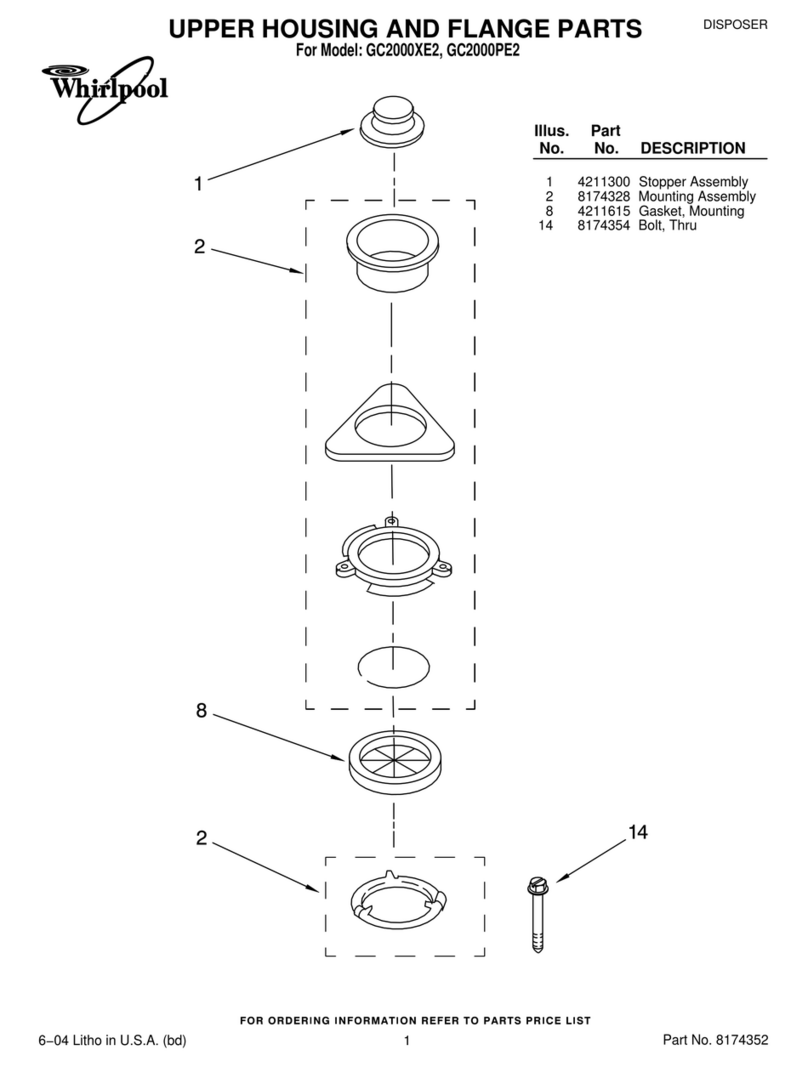
A GENERAL RECOMMENDATIONS
WARNING
CAREFULLY READ THE INSTALLATION, OPERATING AND MAINTENANCE INSTRUCTIONS
BEFORE INSTALLING THIS APPLIANCE. INCORRECT INSTALLATION, ADAPTATIONS OR
ALTERNATIONS COULD CAUSE DAMAGE TO PROPERTY OR INJURY TO PERSONS.
MALICIOUS DAMAGE, DAMAGE DUE TO NEGLIGENCE, OR TO FAILURE TO COMPLY WITH
INSTRUCTIONS AND REGULATIONS, OR TO INCORRECT CONNECTIONS OR
UNAUTHORISED TAMPERING INVALIDATE ANY WARRANTY AND RELIEVE THE
MANUFACTURER OF ALL LIABILITY
1. Carefully read this instructions booklet, as it contains important advice for safe installation, operation and
manteinance.
Keep this booklet to hand in a safe place for future reference by other operators.
2. Installations should be carried out by qualified people, in accordance with current regulations and
manufacturer’s instructions.
3. The appliance should only be used by persons specifically trained in this operation.
4. Only have the appliance repaired by a service centre authorised and ask for original spare parts.
A1 IMPORTANT SAFETY INSTRUCTIONS
When using the COMPACT basic precautions MUST be followed:
•Do not contact moving parts.
•Do not use outdoors.
•To disconnect push the Emergency Stop button, then remove plug from outlet.
•Do not unplug by pulling on cord. To unplug, grasp the plug, not the cord.
•Unplug from outlet when not in use and before servicing or cleaning.
•Do not operate the COMPACT with a damaged cord or plug, or after the appliance malfunctions or
is dropped or damaged in any manner.
•Connect to a properly grounded outlet only. See Grounding instructions.
•WHEN USING ELECTRICAL APPLIANCES ALWAYS ENSURE YOUR OWN PERSONAL
SAFETY AND OBSERVE THE FOLLOWING RULES AT ALL TIMES
•THE MACHINE OPERATES WITH CUTTING TOOLS.
YOU MUST NOT UNDER ANY CIRCUMSTANCES REACH IN TO THE APPLIANCE WHILE IT IS
RUNNING, OR OTHERWISE CONTACT MOVING PARTS
•Before putting the appliance into operation you should check the electric supply lead and the
water and wastewater connections. If you see loose or unsound connections or damaged cables, do
not touch the appliance. Contact your site electrician or installation engineer immediately.
•The unit must only be loaded with organic materials. Non-organic items, such as blue bands,
twist ties, plastic, cord, porcelain, stones or metal, will damage the appliance and reduce the lifespan
of the appliance greatly.
•The loading of substances, which are harmful to water, is a punishable offense under statutory law.
Page 4 of 20
